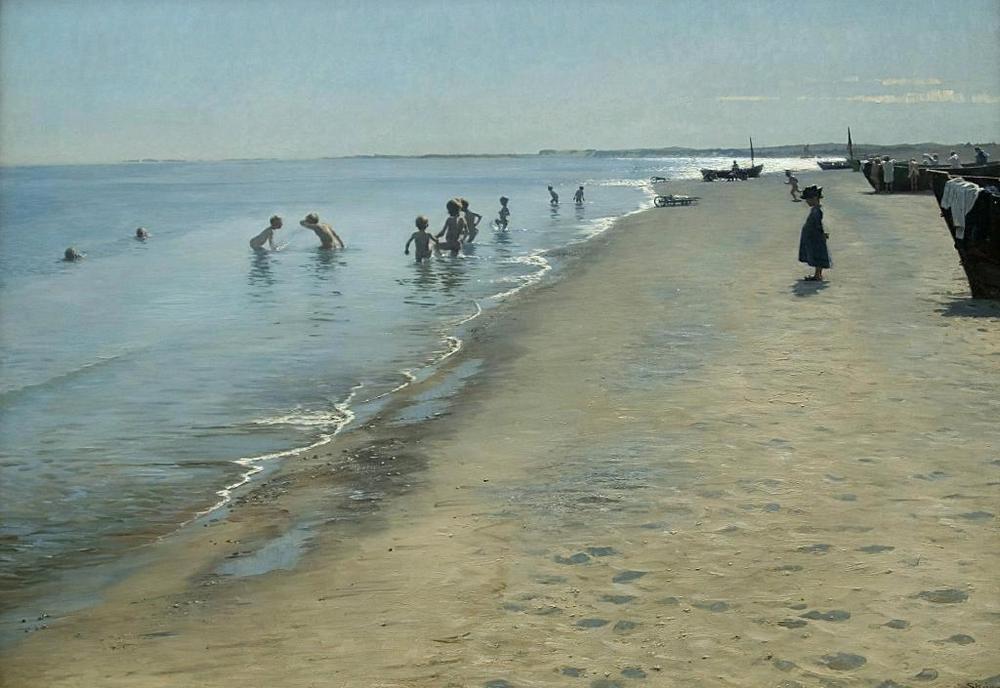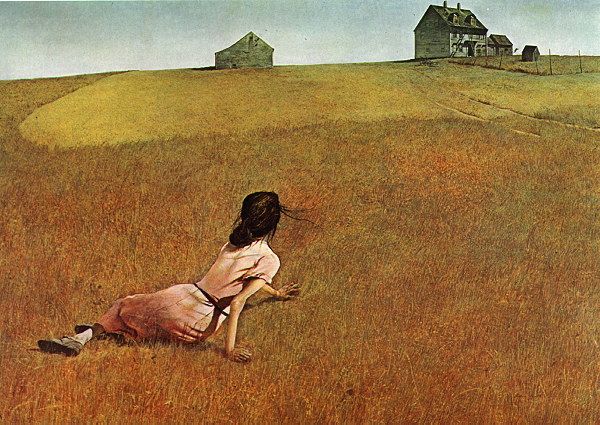There's a set of issues that C and I gripe about consistently, and have similar (but not the same) views on. A set of these gripings relates to morality -- everything from its lack of importance in public elementary and secondary education to its deep ties in many people's minds to religion.
C and I disagree on lots of remarkably important details - things like how to define "duty" and "responsibility" and "rights". These things all relate to morality -- why to be a moral person, how to make "right" decisions, and what to strive for in making "right" decisions.
But we agree on the bigger, more complicated issues such as the education and religion problems -- in the case of education, C and I think morality should be taught and examined and thought through in a school setting. In the case of religion, C and I agree that not only is it incorrect to tie morality and religion together from a practical point of view, but it is detrimental (at least for us) to both spiritual growth and moral analysis to tie the two together.
I think "duty" is best thought of as a choice. Which I suppose isn't the standard definition at all. (Looking it up now...
Duty is a term that conveys a sense of moral commitment to someone or something. The moral commitment is the sort that results in action[citation needed] and it is not a matter of passive feeling or mere recognition. When someone recognizes a duty, that person commits himself/herself to the cause involved without considering the self-interested courses of actions that may have been relevant previously. This is not to suggest that living a life of duty precludes one of the best sorts of lives but duty does involve some sacrifice of immediate self-interest.
Cicero is an early philosopher who acknowledged this possibility. He discusses duty in his work “On Duty." He suggests that duties can come from four different sources:
a result of being human
It is a result of one's particular place in life (your family, your country, your job)
It is a result of one's character
One's own moral expectations for oneself can generate duties
From the root idea of obligation to serve or give something in return, involved in the conception of duty, have sprung various derivative uses of the word; thus it is used of the services performed by a minister of a church, by a soldier, or by any employee or servant.
Many schools of thought have debated the idea of duty. While many assert mankind's duty on their own terms, some philosophers have absolutely rejected a sense of duty.
Ok, so that's interesting. I'm going to pull out the "immediate self interest" part and rephrase that to "immediate gratification" so that fullfilling a duty usually implies some sort of delayed gratification, or perhaps it might be better to think of it as fullfilling a different sort of desire than those that typically come to mind when someone thinks of the type of things that "gratify" a person. Instead of the "baser" emotions (and I don't mean this in a perjorative sense) such as hunger and thirst and sex drive and possibly greed and jealousy, maybe a "duty" can gratify the "higher" emotions (and I don't mean this in the sense that they're better, just that maybe they're more complicated somehow) such as honor, personal self worth, and pride in one's actions.
In the wikipedia article (that's what I quoted, btw) there is mention of "recognizing" a duty. I think this is important to underline. I take "recognition" to mean, in this sense, something that has been come to after serious thought and analysis. After taking into consideration as many important factors as an individual can, they can "recognize" a duty. It might depend some on the individual what those factors are; for me they include personal gain, social gain, and sustainablity in action to promote long term and not just short term benefits.
So, to summarize, an optimal sort of "duty" is something that has been thought through carefully, and then consciously committed to. So marriage is a good example of the sort of approach I think people should take to duties in general.


















